Pubs have long held a special place in the social fabric of communities, shaping cultures and serving as gathering spots for generations. From their humble beginnings as simple alehouses to their evolution into vibrant hubs of social interaction, pubs have played a pivotal role in the history of human civilization. Understanding the rich social history of pubs offers valuable insights into their significance, cultural impact, and enduring appeal across different eras and societies.
Key Takeaways
– Pubs are cultural hubs and community assets that foster social interaction and provide a space for relaxation and entertainment.
– With a rich history dating back centuries, pubs have evolved into diverse establishments catering to various social and cultural needs.
– They serve as vital spaces for community gatherings, supporting local events and fostering connections within neighborhoods.
– Pubs offer a blend of tradition and modernity, featuring everything from live music and sports screenings to themed nights and healthy menu options.
– Beyond being places to drink, pubs contribute economically, driving foot traffic and supporting local businesses.
– Their enduring appeal lies in their ability to adapt while preserving local culture and traditions.
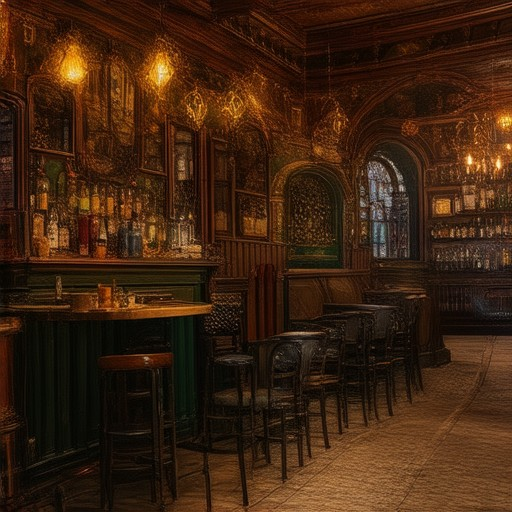
What is a Pub in History?
A pub, short for public house, is a traditional establishment found in many cultures around the world, though it originated in England. Historically, pubs have served as places to gather, socialize, and enjoy beverages. The concept of a pub dates back to the late 17th century, distinguishing it from private houses which were known as alehouses, taverns, and inns.
Origins and Evolution
- The term “pub” emerged in England during the late 17th century, marking the transition from private to public spaces for drinking.
- Early pubs often served as local gathering spots, offering simple accommodations and meals alongside alcohol.
- Over time, pubs evolved to cater to diverse needs, becoming hubs for literature, music, and even political discussions.
Cultural Significance
- Pubs have historically been centers of social interaction, fostering community bonds through shared experiences.
- They have also played roles in preserving local cultures, often hosting traditional events and performances.
- Many pubs boast rich histories, with some dating back centuries, making them cultural landmarks in their respective communities.
Famous Pubs and Their Legacy
- The Red Lion in London is one of the oldest pubs in the city, dating back to the 16th century.
- The Spoons in Dublin, Ireland, is a chain of pubs with a deep-rooted history in Irish culture.
- Some pubs have become famous for their literary connections, such as the Cheshire Cheese in London, associated with authors like Charles Dickens.
Modern-Day Pubs
While the essence of a pub remains unchanged, modern establishments often blend historical charm with contemporary amenities. They continue to serve as vibrant social spaces, reflecting the evolving tastes and needs of today’s audiences.
Explore the rich history and cultural significance of pubs by visiting Dufferin Arms , where you can delve deeper into the legacy and charm of these iconic establishments.
Significance of Pubs
Pubs hold a unique and multifaceted significance in society, serving as more than just establishments to enjoy drinks. Here are the key aspects that highlight their importance:
Economic Impact
Pubs contribute significantly to local economies by supporting businesses and creating jobs. They attract foot traffic, which benefits nearby shops and services, while also generating substantial revenue through sales and entertainment activities.
Cultural Heritage
Pubs are integral to cultural identity, often preserving local history and architecture. Many pubs boast unique designs and stories, reflecting the history of their neighborhoods. Some pubs, like The George Inn, are listed buildings that offer insight into traditional British architecture and social history.
Social and Communal Role
Beyond drinks, pubs act as vibrant social spaces where people gather for celebrations, meetings, and casual conversations. They foster a sense of community, bringing people together regardless of background, and have historically served as gathering places for everything from local events to political discussions.
Historical Importance
With origins dating back to medieval times, pubs have evolved over centuries, adapting to changing tastes and societal shifts. They have played roles in literature, art, and popular culture, often serving as settings for famous works and milestones in history, such as the era of Prohibition in the U.S. and the rise of modern cocktail bars.
Dufferin Arms, a dedicated blog, delves deeper into the rich tapestry of pub culture, exploring the stories behind iconic pubs and their enduring appeal. By celebrating the legacy and charm of these establishments, Dufferin Arms aims to preserve and promote the significance of pubs in our communities.
- Explore Dufferin Arms to learn more about pub history and culture.
- Visit our blog for insightful articles on pubs worldwide.
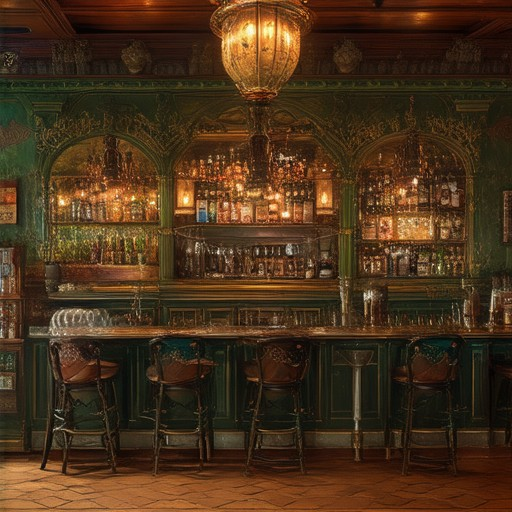
What Does Pub Culture Mean?
Pub culture refers to the rich social, historical, and communal aspects associated with pubs, particularly in the United Kingdom. It extends beyond mere drinking to encompass a vibrant tapestry of traditions, community engagement, and shared experiences.
Key Elements of Pub Culture:
- Social Hub : Pubs function as social spaces where individuals gather to unwind, converse, and connect with others. They often serve as venues for catching up with friends, family, or neighbors.
- Community Identity : Many pubs play a crucial role in shaping local identities, often becoming landmarks in villages or urban areas. They act as focal points for community events and gatherings.
- Cultural Significance : Pubs are steeped in history and tradition. They have historically served as spaces for storytelling, political debates, and cultural exchanges, contributing to the preservation of local heritage.
- Beer and Ale Tradition : Pub culture is deeply intertwined with brewing traditions. Each region often boasts unique breweries and ale varieties, offering a taste of local culture through distinctive flavors.
- Events and Gatherings : Pubs host diverse events, including live music, quizzes, sports screenings, and themed nights, enriching the social fabric and providing entertainment for all ages.
- Inclusivity and Modernization : While rooted in tradition, pubs have adapted to modern tastes, incorporating diverse offerings and welcoming a broader demographic, including women and younger generations.
Historical Context:
Pubs have existed for centuries, evolving from simple taverns to sophisticated establishments. Their evolution reflects shifts in societal norms and economic developments, while retaining their core role as community spaces.
Conclusion:
Pub culture is a multifaceted concept that transcends mere drinking. It embodies community, tradition, and shared experiences, making pubs more than just places to drink but integral parts of social and cultural life in the UK and beyond.
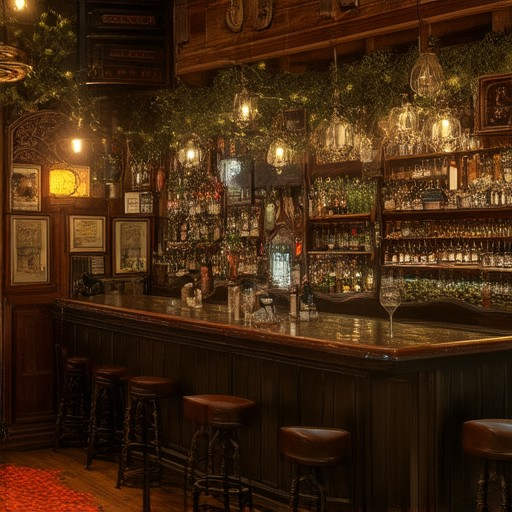
What is a Pub?
A pub, short for “public house,” is a type of establishment that sells alcoholic beverages and often offers food service. Originating from the UK, pubs are typically social spaces where individuals can gather to enjoy drinks, sometimes accompanied by live entertainment or sports events. The term “public house” reflects the historical notion that such establishments were open to the public, regardless of gender or class, though this has evolved over time.
Pubs come in various forms, ranging from small, cozy taverns to large, bustling venues. Many feature a welcoming atmosphere with comfortable seating options, such as booths, tables, or stools, often arranged around a central bar. Some pubs may also include private rooms for events or meetings.
Food & Beverage Offerings
While not all pubs serve food, many do offer a selection of traditional British dishes, such as fish and chips, pies, and sandwiches. These offerings complement the drinks, making pubs a popular choice for casual dining.
Cultural Significance
Pubs play a significant role in local culture, often serving as gathering spots for communities. They frequently host live music, sports screenings, or trivia nights, contributing to their social appeal. Additionally, pubs can hold historical value, with some dating back centuries.
History
The concept of the pub dates back to ancient Roman times, with alehouses appearing in Britain during the Middle Ages. By the 19th century, the modern pub began to take shape, reflecting changes in brewing technology and societal norms.
Why Pubs Matter
Beyond their role as drinking establishments, pubs act as hubs for social interaction, fostering connections within communities. Their enduring presence highlights the timeless appeal of gathering over a drink, whether for relaxation or celebration.
Learn more about our pub culture .
The Purpose of a Pub
A pub is a traditional establishment that serves alcohol and offers a welcoming environment for social interaction. Its primary purpose revolves around fostering community, providing entertainment, and creating a space for relaxation. Here’s a breakdown of the key roles and functions of a pub:
- Social Gathering : Pubs are central to socializing, often serving as venues for catching up with friends, family, or neighbors. They promote camaraderie and help strengthen relationships within a community.
- Serving Alcohol : The core function of a pub is to provide alcoholic beverages, typically beer, wine, and spirits, which facilitate conversation and enjoyment among patrons.
- Providing Food : Many pubs offer a menu featuring light bites, hearty meals, and pub-style grills, making them a one-stop destination for food and drink.
- Entertainment : Pubs often host live music, sports events, or themed nights to entertain guests, enhancing the overall experience and keeping the crowd engaged.
- Cultural Preservation : Pubs can showcase local culture through decorations, performances, and themed events, helping to preserve and celebrate regional heritage.
- Community Building : As local hubs, pubs foster a sense of belonging by hosting community events, charity fundraisers, or market days, thereby strengthening neighborhood ties.
- Economic Contribution : Pubs drive foot traffic, support nearby businesses, and create employment opportunities, contributing positively to the local economy.
- Relaxation and Escape : Pubs offer a refuge from daily stress, providing a space for unwinding, meeting new people, and enjoying a well-deserved break.
In essence, a pub is more than just a place to drink; it is a vibrant community asset that plays a crucial role in social, cultural, and economic life.
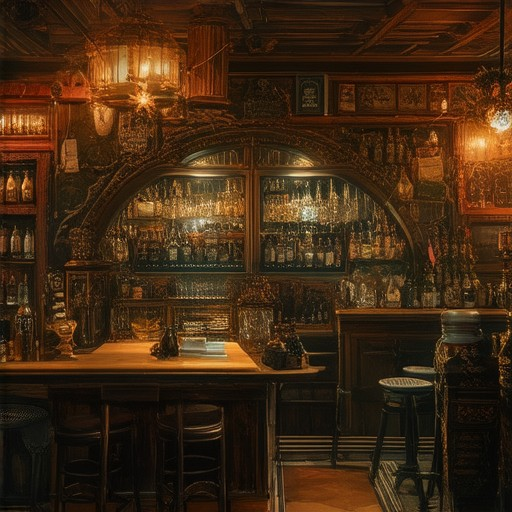
Pub stands for “Public House.”
The Evolution and Significance of Public Houses
Public houses, commonly known as pubs, have been integral to social and cultural life in many communities. Originating in the mid-19th century, pubs have evolved into diverse establishments that cater to various tastes and social needs.
Historical Context
The term “pub” dates back to the mid-19th century, with the first licensed premises appearing around that time. These early pubs were simple establishments, often serving ale and spirits, and became hubs for social interaction among locals.
Diverse Offerings
Modern pubs offer a variety of experiences, ranging from traditional British pubs with hearty meals and a warm atmosphere to themed pubs with unique decor and specialized menus. Some pubs focus on sports, featuring televisions and sports-themed interiors, while others may offer live entertainment, such as music or comedy nights.
Cultural Significance
Pubs are more than just places to drink; they are cultural landmarks that reflect the history and values of their communities. Many pubs host local events, charity functions, and community meetings, making them vital spaces for social cohesion and support.
Contemporary Developments
In recent years, pubs have adapted to changing societal norms, incorporating healthier menu options and implementing accessibility features like Wi-Fi and contactless payment methods. This evolution ensures that pubs remain relevant and welcoming to a broad demographic of patrons.
Conclusion
From their origins as simple drinking establishments to their current status as vibrant social spaces, pubs continue to play a crucial role in fostering community connections and celebrating local culture. Whether you’re seeking a casual drink or an engaging nightlife, pubs offer a unique experience tailored to individual preferences.

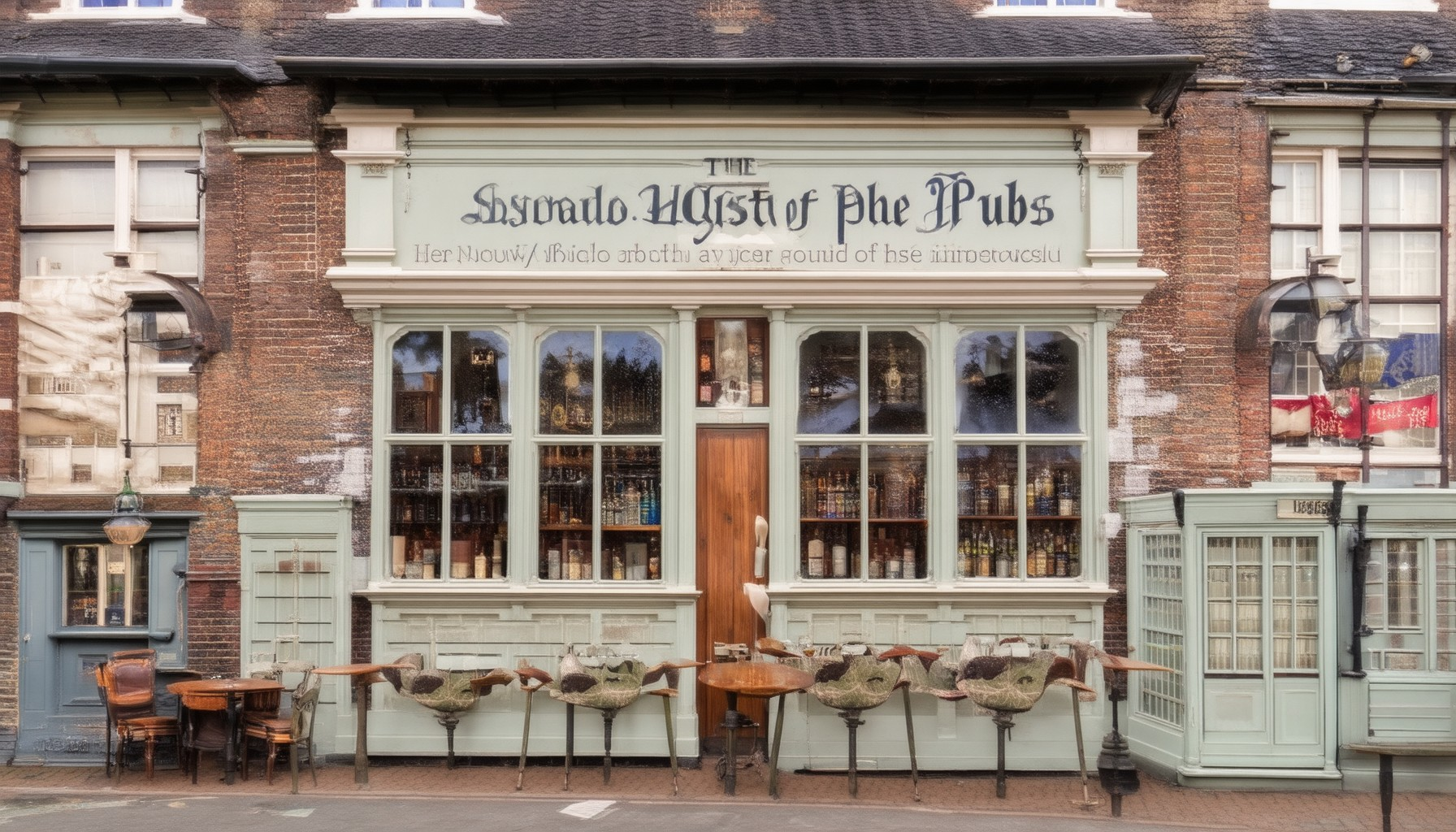
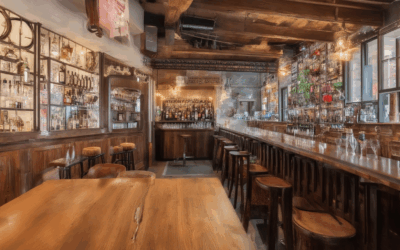
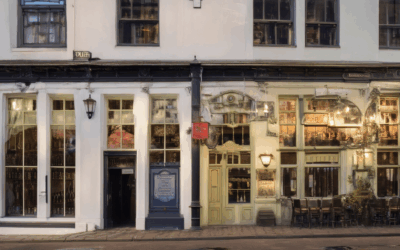
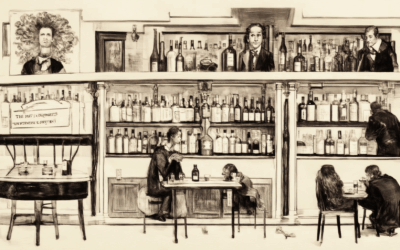
0 Comments